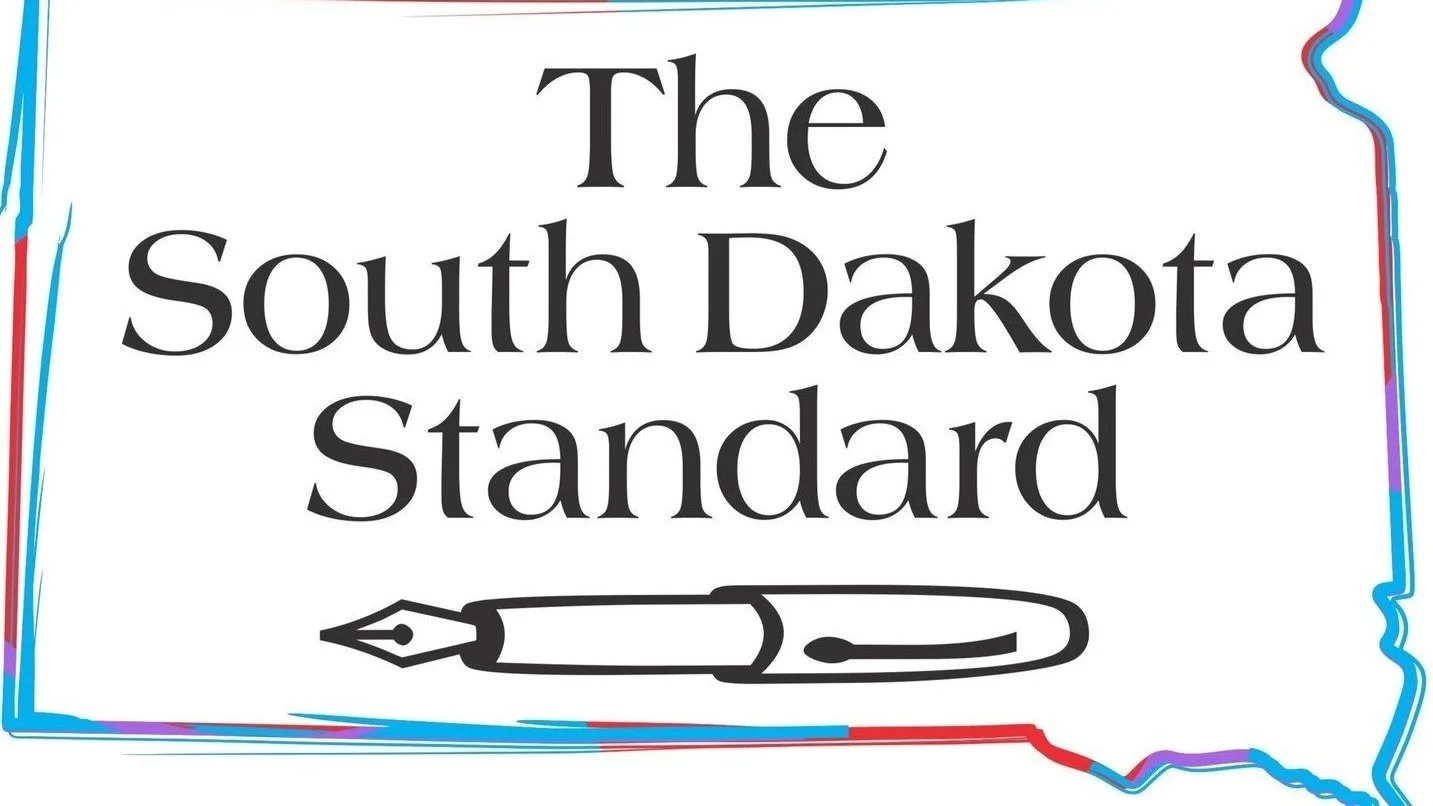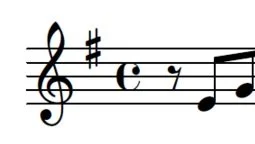Rapid City financial advisor Rick Kahler discusses the emotional power of being wrong financially
One of financial philosopher Dick Wagner's Money Truisms was "Everybody's weird about money." We humans, with our extreme frugality, excessive spending, unwillingness to talk about our money, late-night anxieties, compulsive money rituals, and McMansion-sized blind spots, usually have a strained relationship with some aspect of money.
Beneath the weird money behaviors is the tangled knot of emotional shame, hurt, sadness, and fear we carry around our interactions with money. Ironically, uncovering and understanding this weirdness holds the key to financial freedom. The path toward unlocking our financial potential and solving our financial problems lies not in rigid attempts to maintain the entrenched money behaviors we see as “right,” but in the liberating step of admitting, "The facts suggest I may be wrong.”
It’s common for us to fiercely defend our financial decisions (perhaps made in the stock markets like the one pictured above in a public domain image posted on wikimedia commons) and cling to our entrenched beliefs. Even when facts stack up against us, we tend to fear admitting any financial vulnerability. Instead, confirmation bias pushes us to focus on information that justifies our decisions and avoid any opposing information that challenges our carefully constructed financial walls. This helps us ignore the emotional pain behind financial behaviors like overspending, underspending, acceptance of being underpaid, risky investment decisions, or failing to invest at all.
Instead, imagine a different response. You come across new information that challenges your long-held financial beliefs, even those ingrained in your identity. Instead of doubling down and justifying, you say, "I may have made a mistake that’s jeopardizing my future. Maybe I am wrong."
Merely acknowledging the possibility that you may be mistaken can bring new clarity and awareness to your financial behaviors. It opens the door to exploring and beginning to change your beliefs.
Admitting a financial mistake may feel like a weakness. Fear of being wrong about money often stems from difficult feelings, especially shame. “I'm a bad person because I don’t make wise money decisions.” We are afraid of being judged, criticized, or rejected by family and friends. Because of this perceived threat, we build walls of denial in an attempt to avoid being vulnerable.
However, beneath the fear, shame, and hurt lies an opportunity for financial and emotional growth. By acknowledging and feeling these emotions and choosing vulnerability over defensiveness, we can begin to free ourselves from confirmation bias and embrace the liberating power of being wrong about money.
Ironically, owning up to mistakes and being willing to learn from them tends to build trust. Many people, sensing your openness, honesty, and desire for improvement, will connect with your humanity and offer support rather than criticism. You stand to earn more trust, respect, and appreciation in this way than you would by maintaining the charade of financial infallibility or doubling down on flawed financial beliefs. You may also find renewed energy once you can let go of the burden of defensiveness that is exhausting to carry.
Admitting that you were wrong—or even that you might be wrong—is not an admission of failure. It is a declaration of strength. It's an essential first step toward releasing yourself from extreme beliefs and self-deception. It opens the door to acknowledging the feelings of fear, shame, and hurt behind our self-limiting patterns of financial behavior. As we explore those emotions, we can begin to bring compassion and understanding to the parts of ourselves that, with the best of intentions, created those patterns.
There is power and freedom in acknowledging our financial mistakes rather than shaming ourselves for them. This allows us to learn from them. It is part of the healing process that allows us to move forward and gain greater financial confidence and well-being.
Rick Kahler, CFP, is a fee-only financial planner and financial therapist with a nationwide practice, Kahler Financial Group, based in Rapid City. His co-authored books include Coupleship Inc. and The Financial Wisdom of Ebenezer Scrooge.







